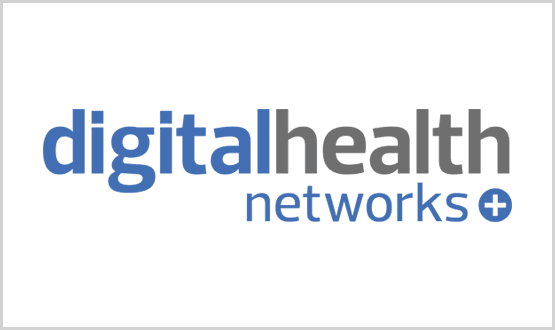Online community for brain disease
- 3 May 2013
A patient-run online platform for information and comments about rare diseases has launched its 40th community.
RareConnect.org brings together frequently isolated patients, families and patient groups worlwide and has launched a new community for patients with rare, undiagnosed brain diseases.
Each of the platform’s 40 disease specific communities is monitored and available in five languages; English; French; German; Italian; and Spanish.
The service is free and allows discussions, articles and patient stories to be shared, letting people learn how others are coping with the same diseases as themselves or someone they know.
Helene Cederroth, founder of the Wilhelm Foundation, an organisation for children who lack a diagnosis for their brain diseases, said:
“This community represents an enormous step forward to better understanding undiagnosed brain diseases.
“It is a big opportunity for the community to make its voice heard and hopefully it will encourage specialists from all over the world to participate so that one day we hope it can lead to diagnoses.”
RareConnect is run by the European Organisation for Rare Diseases and the American non-profit organisation, National Organisation for Rare Disorders.
The network has more than 4300 members and involves over 300 patient associations.




